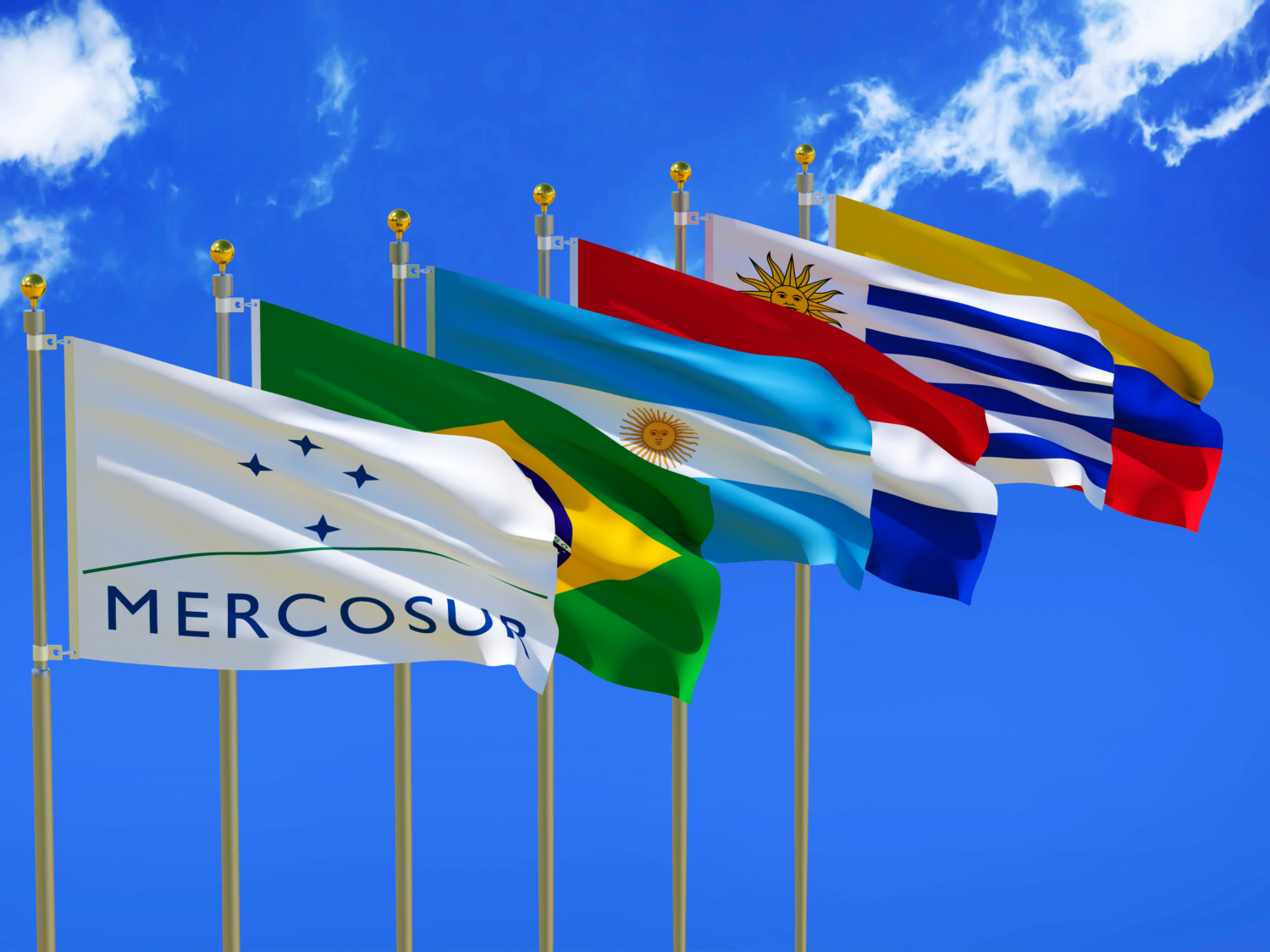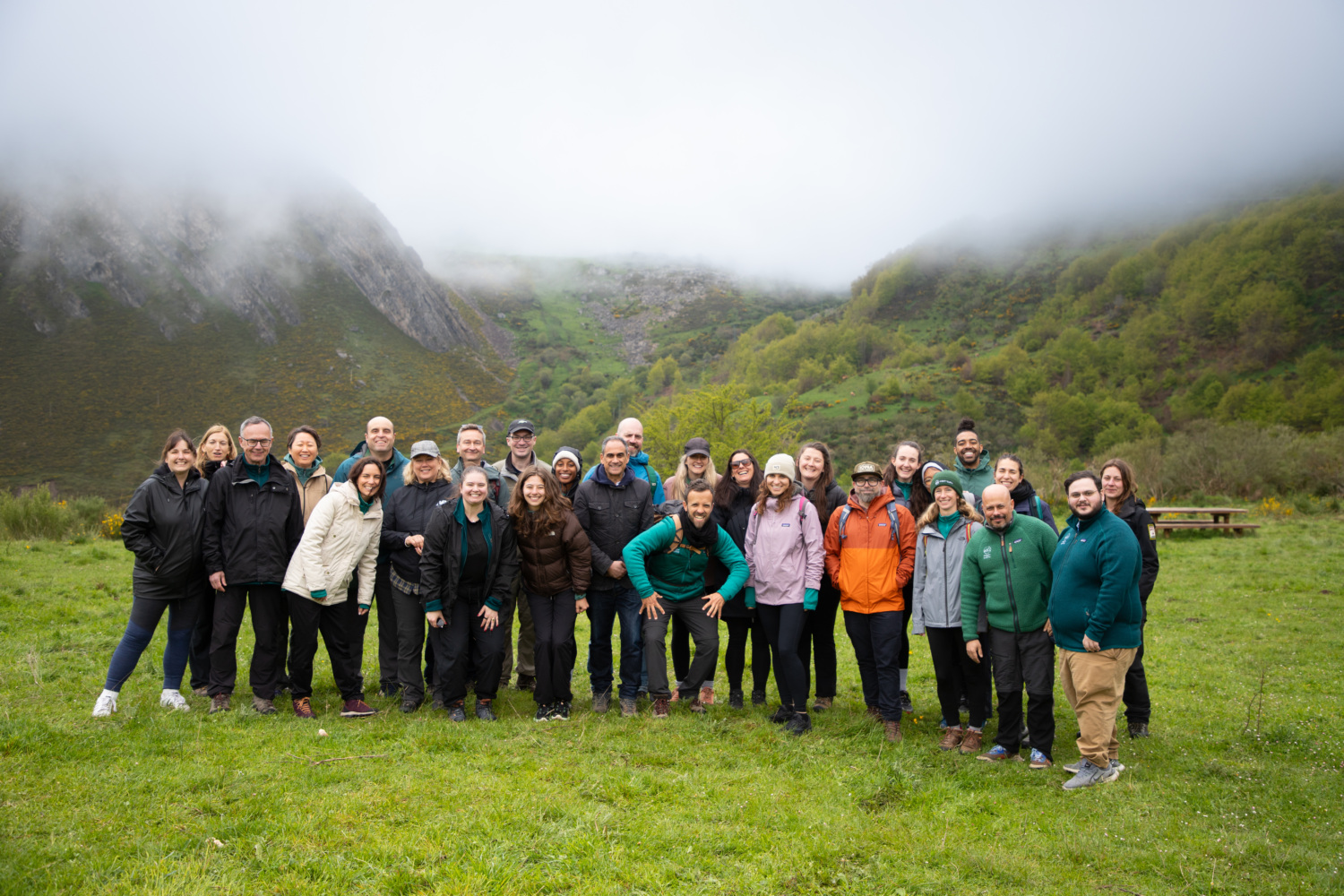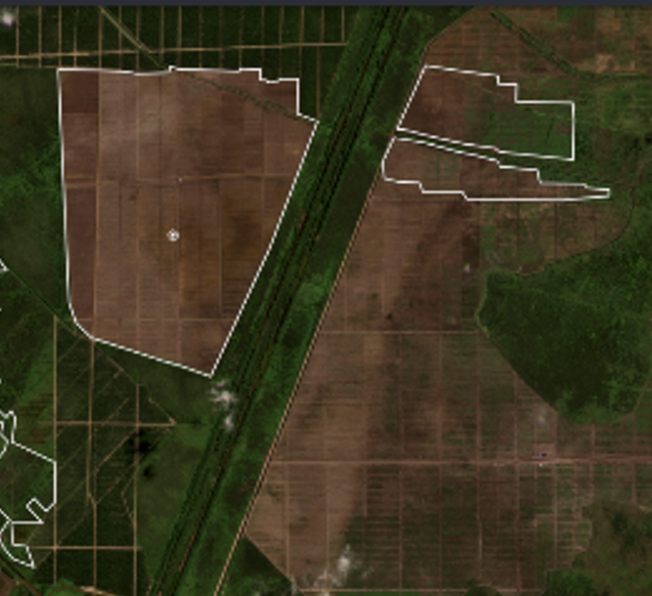
A Fork in the Road for the Rubber Industry?
By the shores of Lake Geneva, a modern office building houses a little-known organization that could play a huge part in the fate of the world’s tropical forests.
The World Business Council for Sustainable Development (WBCSD) is a CEO-led organization of over 200 large companies, and describes itself as “the leading voice of business for sustainability”.[i]
In 2005, CEOs of 11 leading tire manufactures (representing 65% of the world’s tire production) launched the Tire Industry Project under the WBCSD umbrella, in order to “identify and offer solutions to sustainability challenges associated with the life cycle of tires”.[ii]
The work of TIP has, to date, been unspectacular. Since launching, the Project has developed initiatives to study the effects of tire road wear and particle emissions, and to improve innovations around the recycling, re-use and recovery of end-of-life tires.
But the Project has remained strangely silent on what is arguably its biggest sustainability challenge: the massive environmental and social impacts caused by tire industry’s demand for rubber.
Natural rubber is a key component within tires, and is produced by ‘tapping’ the sap (latex) from a particular tree species called havea brasilienis, or rubber tree. The tire industry consumes around 60% of the world’s natural rubber, with the five largest company’s accounting for the lion’s share of this demand.
Often grown on vast plantation, the expansion of rubber production over recent years has been driving massive deforestation in some of the world’s most important biodiversity ‘hotspots’, particularly in Southeast Asia. This expansion has led to the destruction of crucial wildlife habitats for species such as tigers, elephants and gibbons. It has also often come at the expense of local communities in forested areas, with thousands of families thrown off of their land in Laos, Cambodia [iii] and Myanmar in order to make way for rubber farms.
In order to save the forests and protect vulnerable communities, tire manufacturers need to move rapidly towards fully sustainable natural rubber procurement. And time is running out.
After a slow start, several of companies have started to take action. In the summer of 2016, Michelin became the first major tire company to introduce a sustainable natural rubber procurement policy. Last autumn, Pirelli followed suit. Earlier this year, the world’s leading tire manufacturer Bridgestone released its own version and in late April Goodyear followed suit.
But the situation with the world’s remaining tropical forests – and of the people and wildlife that depend on them – remains critical. Growing demand for timber and tropical commodities such as palm oil, soya, cocoa and rubber has sparked companies, governments and civil society groups like Mighty Earth to work together to identify best-practices for ensuring forests are kept intact and used sustainably.
Yet while steps towards sustainability have been achieved for some of these commodities, rubber remains the outlier. Schemes such as the International Rubber Study Group’s ‘Sustainable Natural Rubber initiative’ have been token gestures, and have failed to stop widespread deforestation, habitat destruction and land grabbing by rubber companies. Thus, despite the recent progress of Michelin, Pirelli and Bridgestone, the tire industry as a whole is a long way off securing a fully sustainable natural rubber supply chain.
Now, at last, the industry might be about to shift gears. Within the shiny WBCSD offices in Geneva, the 11 CEOs within the Tire Industry Project are reportedly due to announce a new initiative on sustainable natural rubber this spring.
The question is, what will this process look like?
Business-led sustainability initiatives on tropical commodities can work, but history has taught us that this is only the case where such initiatives are inclusive of other stakeholders, transparent in their operations, and structured to provide an equal voice to both business and civil society.
NGOs can offer expertise based on years of working on forest protection, land rights and commodity supply chain transparency. Where industry and civil society work together to jointly identify problems and devise solutions to sustainability challenges relating to agricultural commodities, long-lasting progressive change can occur swiftly. Examples such as the Brazil Soy Moratorium and the Seafood Task Force show that this approach works.
That’s why Mighty Earth has written to TIP, urging its Director to make sure their sustainable natural rubber project is made open and inclusive.
TIP could show much-needed leadership in developing a ‘gold standard’ for sustainable natural rubber. But it should be careful not to assume that progressive change can be achieved by the tire industry alone. TIP needs to bring stakeholders from international NGOs – as well as local organisations in rubber-producing countries working with people affected by rubber plantations – into the process from the outset.
That is where the rubber will hit the road.
Sources
[ii] https://www.wbcsd.org/Projects/Tire-Industry-Project
[iii] https://www.globalwitness.org/campaigns/land-deals/rubberbarons/


